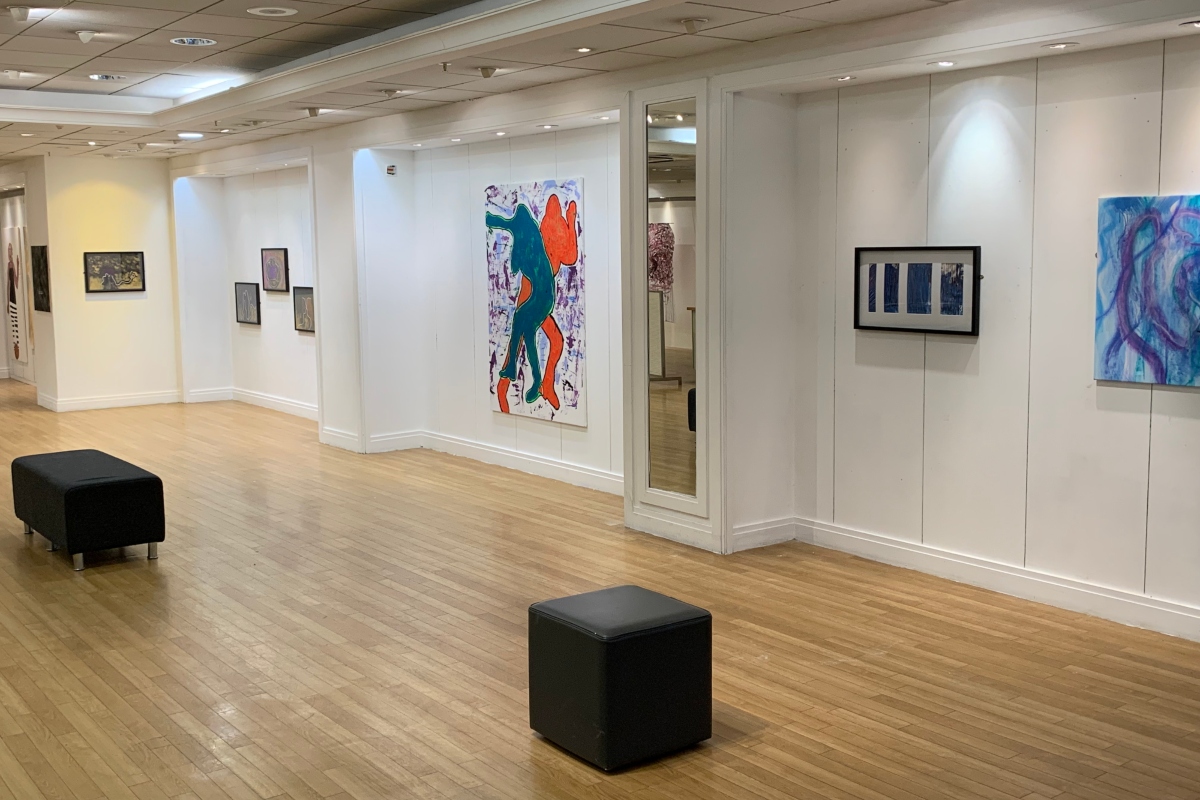Academy supports engineering excellence with 16 new Research Fellowships

Enhanced radar detection of drones and other small objects using electromagnetic metamaterials and modelling the role of wood jams in natural flood management are among the research areas supported by the Royal Academy of Engineering through 16 new engineering Research Fellowships announced today. Together with projects such as novel techniques to enhance the safety and security of nuclear and radioactive materials, they have the potential to make a significant contribution to health, transport, next generation computing, safety and measurement systems and decarbonisation.
The Academy’s Research Fellowships are designed to advance excellence in engineering by enabling early-career researchers to concentrate on basic research in any field of engineering. Each awardee receives five years’ worth of funding to advance their research careers. They also receive mentoring from experienced Academy Fellows, providing valuable advice and industry links that will enable the researchers to establish themselves as future leaders in their fields.
Professor Philip Nelson CBE FREng, Chair of the Royal Academy of Engineering Research Fellowships Steering Group, says: “I am delighted to announce the award of Research Fellowships to 16 of the most promising global research talents selected from a competitive application process. The variety and impact of the research being done by these awardees demonstrates the depth and breadth of world-leading engineering expertise we have within our universities. We would like to thank the government for the Investment in Research Talent initiative, which has provided the Academy with a significant increase in funding to attract and retain the best research talents in the UK and support their research and career development.”
The full list of Research Fellows and their projects is as follows:
- Dr Humberto Almeida Jr, Queen’s University Belfast
Uncertainty quantification in the design of future composite aerostructures
- Dr Giorgia Bosi, University College London
Engineered patient stratification and therapeutic planning: application to atrial fibrillation
- Dr Yang Cao, University of Edinburgh
Making database systems learn and making them robust
- Dr James Ewen, Imperial College London
Controlling friction through molecular engineering
- Dr Elizabeth Follett, Cardiff University
Structure and function of wood jams for natural flood management
- Dr Rand Ismaeel, University of Southampton
Monitoring of ocean methane through optical fibre isotope detection
- Dr Himanshu Kaul, University of Leicester
The Lung Pharmacome
- Dr Aurora Maccarone, Heriot-Watt University
Underwater three-dimensional optical imaging based on quantum detection
- Dr Peter Martin, University of Bristol
Transforming the national infrastructure for detecting, characterising and mapping radiation
- Dr Timothy Moorsom, University of Glasgow
Active topological plasmonics for computer processors
- Dr Greg Mutch, Newcastle University
Advancing facilitated-transport membranes for disruptive carbon dioxide separation
- Dr Auro Perego, Aston University
Novel tuneable dissipative optical frequency combs: from visible to mid-infrared
- Dr Alexander Powell, University of Exeter
Electromagnetic metamaterials for enhanced radar detection of small objects
- Dr Timothy Runcorn, Imperial College London
New fibre optics for advanced biomedical imaging
- Dr Nidhi Simmons, Queen’s University Belfast
Enabling mission-critical applications through an intelligent URLLC framework
- Dr Yuriko Suzuki, University of Oxford
Robust visualisation of blood vessels in patients with vessel-narrowing disease
Notes for editors
- The Royal Academy of Engineering Research Fellowships support early-career researchers to establish successful research careers and become future research leaders in their fields. The scheme provides funding for five years to allow awardees the freedom to concentrate on basic research in any field of engineering and establish a track record in the field. Funding for the Royal Academy of Engineering Research Fellowships is provided by the Department of Business, Energy and Industrial Strategy (BEIS) and the Engineering for Development Research Fellowships through the government’s Global Challenges Research Fund (GCRF).
The scheme is currently open for applications until Monday 21 September 2020. In this round, we have a joint sponsorship with Orthopaedic Research UK to support research in the musculoskeletal field. The current round therefore accepts applications for any one of the following research fellowship schemes:
- RAEng Research Fellowship
- RAEng Engineering for Development Research Fellowship
- RAEng/Orthopaedic Research UK Research Fellowship
For more information, please visit: RAEng Research Fellowships
- The Royal Academy of Engineering is harnessing the power of engineering to build a sustainable society and an inclusive economy that works for everyone. In collaboration with our Fellows and partners, we’re growing talent and developing skills for the future, driving innovation and building global partnerships, and influencing policy and engaging the public. Together we’re working to tackle the greatest challenges of our age.
For more information please contact:
Pippa Cox at the Royal Academy of Engineering
T: 020 7766 0745
E: Pippa Cox











Responses